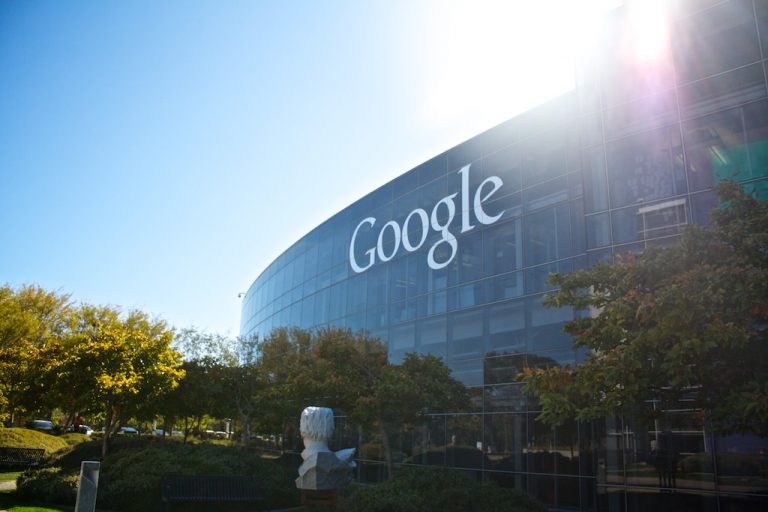 POLICY
POLICY
 POLICY
POLICY
 POLICY
POLICY
Alphabet Inc., Google LLC’s parent company, will wind down a tax scheme it has used to delay paying taxes on tens of billions of dollars in profits.
The news comes by way of a Reuters report published today that cited regulatory filings submitted by the search giant in the Netherlands. For the last few years, Google has used a legal loophole known as the “double Irish, Dutch sandwich” to reduce how much tax it pays in the markets where it operates.
The basic idea is that a company sets up a subsidiary in a country with a low tax rate and transfers its profits to that subsidiary in the form of payments which are not subject to taxation. In Google’s case, the search giant has been transferring profits generated in the U.S. and the European Union to Bermuda via Irish and Dutch subsidiaries, structuring the payments as intellectual property licensing fees.
The regulatory filings obtained by Reuters show that Google moved 21.8 billion euros ($24.5 billion) to Bermuda in 2018. That’s up from 19.9 billion euros in 2017.
“A date of termination of the Company’s licensing activities has not yet been confirmed by senior leadership, however management expects that this termination will take place as of 31 December 2019 or during 2020,” Google stated in the filings, which were submitted to the Dutch Chamber of Commerce.
“We’re now simplifying our corporate structure and will license our IP (intellectual property) from the U.S., not Bermuda,” a Google spokesman said in a statement.
There’s a lot more to the move than just the change to the company’s corporate structure. Ireland will next year close the tax loopholes that made the double Irish, Dutch sandwich maneuver possible, while the G20 plans to roll out new rules likewise meant to curb tax minimization by large multinational firms. Google is updating its approach just in time to comply with the regulatory changes.
In 2020, Google and other tech giants will also face more targeted tax measures that take direct aim at Silicon Valley. The Italian parliament this month approved a 3% levy on some digital services that is reportedly expected to net revenues of about 600 million euros or $673 million. France imposed a similar 3% tax on tech companies in July but effectively scrapped the measure as part of a recently struck deal with the U.S.
Support our mission to keep content open and free by engaging with theCUBE community. Join theCUBE’s Alumni Trust Network, where technology leaders connect, share intelligence and create opportunities.
Founded by tech visionaries John Furrier and Dave Vellante, SiliconANGLE Media has built a dynamic ecosystem of industry-leading digital media brands that reach 15+ million elite tech professionals. Our new proprietary theCUBE AI Video Cloud is breaking ground in audience interaction, leveraging theCUBEai.com neural network to help technology companies make data-driven decisions and stay at the forefront of industry conversations.